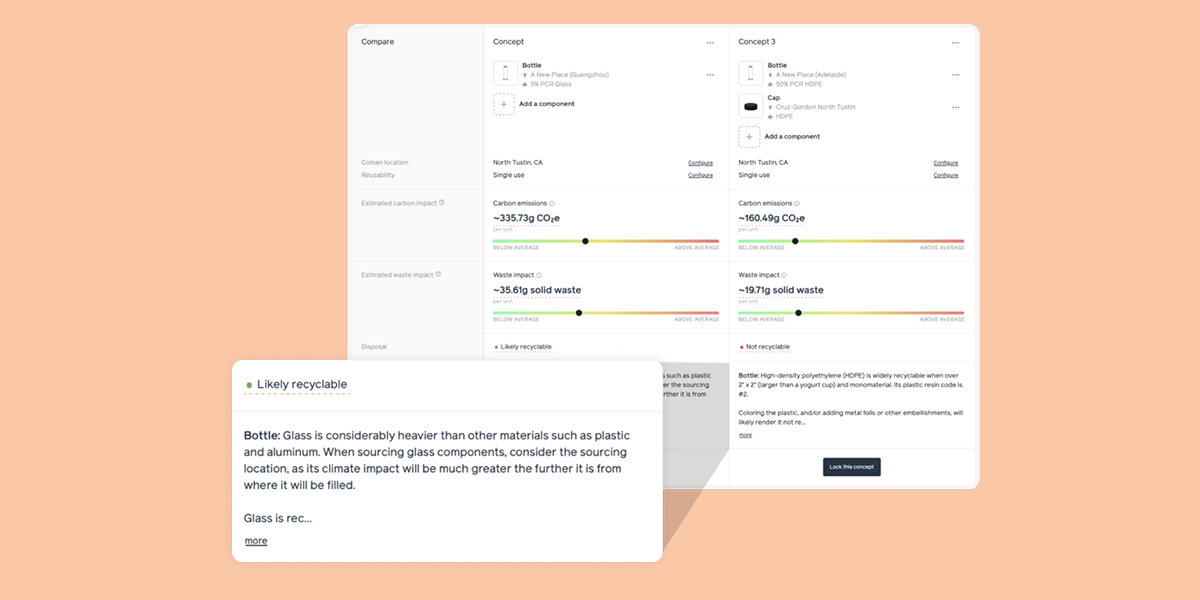Extended Producer Responsibility (EPR) for packaging is a policy approach that holds producers accountable for the entire lifecycle of their products, especially the end-of-life stage. In the United States, this means that companies are responsible for the collection, recycling, and disposal of packaging materials they introduce into the market. The goal is to incentivize producers to design more sustainable packaging, reduce waste, and promote recycling.
Covered Products Decoded in Simple Terms
In the context of Extended Producer Responsibility (EPR) for packaging in the United States, "Covered Products" refer to specific types of packaging materials that producers are responsible for managing throughout their lifecycle. This includes the collection, recycling, and disposal of these materials. The aim is to ensure that producers take accountability for the environmental impact of their products.
Covered products typically include:
- Packaging: Materials used for containing, protecting, handling, and delivering products. This can range from plastic bottles to cardboard boxes.
- Paper: Paper products used for printing and writing purposes.
- Food Service ware: Items like plates, cups, and utensils used in food service.
For compliance managers at small to medium-sized Consumer Product Goods companies, understanding which products are covered under EPR laws is crucial. Equally important is to understand 'producers', read more about that here. It helps in aligning with regulatory requirements and adopting more sustainable practices.
Getting Started: EPR Compliance Resources for SMEs
The EPR compliance hub from rePurpose Global can automate in 1-click what would otherwise take you over 3 months of manual effort. It quickly compiles CAA reports, estimates fees and tax liabilities, and keeps you updated with emerging regulations, including Labeling laws, PCR mandates, and 90+ Packaging Regulations in North America.
With Oregon's reporting deadline on March 31st, immediate action is crucial to avoid financial penalties. Reach out to us for a stress-free, reliable solution.

.avif)
.png)
.avif)

.png)






